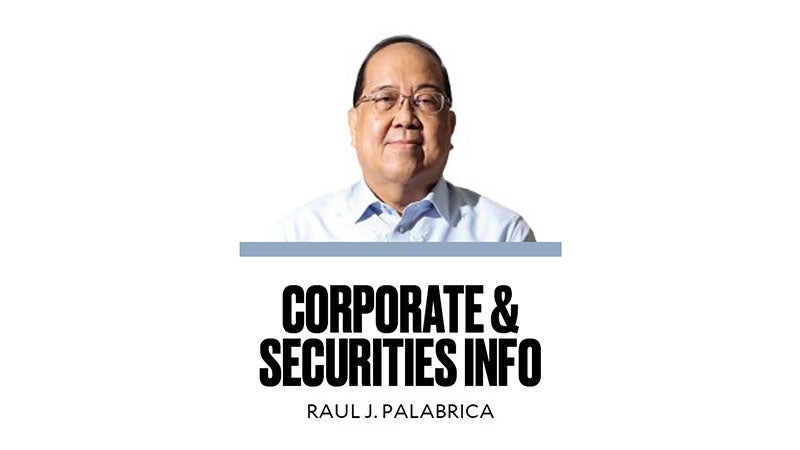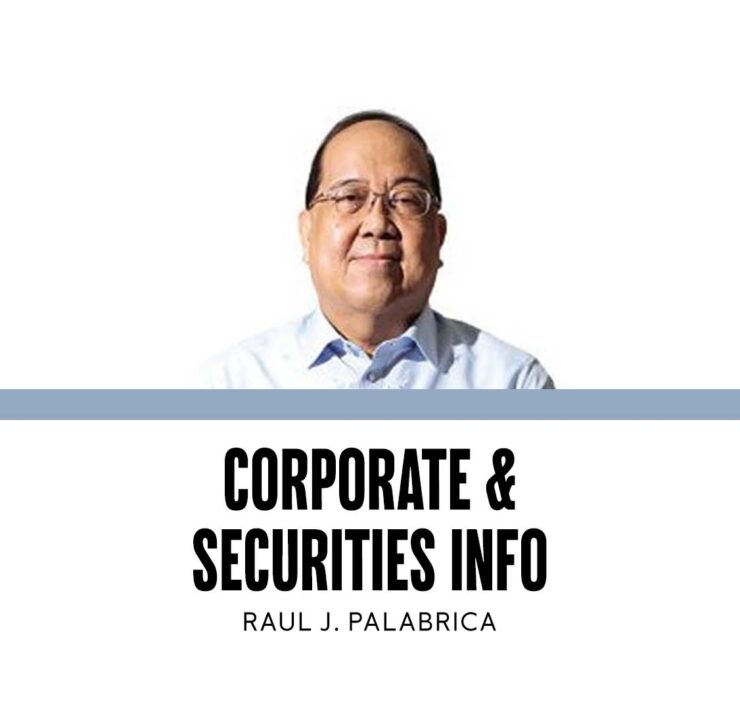Risks of dummy stockholders

The Senate hearing on a Philippine offshore gaming operator (Pogo) in Bamban, Tarlac, had exposed a fatal flaw in the corporate structure of Hongsheng Gaming Technology Inc., the company that leased the premises to that Pogo.
Two of its incorporators, as shown on its registration papers with the Securities and Exchange Commission, turned out to be market vendors, while a third was a call center agent.
Considering their economic status, it is obvious they did not have the financial capacity to subscribe to millions of pesos worth of shares of stocks in Hongsheng when it applied for incorporation.
Because their names are in the registration documents, they became persons of interest on the investigation of that Pogo. The call center agent denied any participation in its operation.
Unless the true owners of Hongsheng can prove otherwise (assuming they surface), there is no question the names of the three were either put in the registration papers without their consent and their signatures forged, or they agreed to the inclusion of their names and affixed their signature in consideration for a sum of money.
Either way, they are dummy stockholders.
Under existing rules, the incorporators of a corporation cannot exceed 15 people. Traditionally, for convenience of registration, the number of incorporators is often limited to five which corresponds to the composition of the board of directors of the company.
If a person who wants to organize a company can muster that number and make them subscribe to at least one share of stock, fine. But what if he or she is unable to do so?
The usual remedy is to ask relatives, friends or work colleagues to have their names included as incorporators and their supposed subscription paid for by its organizer. Their consent would include putting their address and tax identification number on the application form and affixing their signature to it.
In other words, they would be stockholders in name only or, more accurately, dummy stockholders without any real interests or investments in the company.
Although at the beginning that arrangement may appear harmless or inconsequential, that would change in case the corporation gets into trouble with, say, the Bureau of Internal Revenue or any government agency that has regulatory authority over the corporation.
Depending on who may be available and still residing in their given address, its incorporators or stockholders can be summoned to answer any issues that may be raised by any of those offices, including Congress as in the case of the Pogo investigation.
The dummy stockholders cannot claim that they merely lent their names to the company and had nothing to do with it. It’s their word against any statement in writing and for which they had affixed their signature.
Any claim that they could not have paid for or subscribed to the stocks registered in their name would run counter to the sworn statement of the company treasurer that they had paid the subscriptions after their names.
The rule of thumb in cases when there is a conflict between written evidence and oral testimony is to give more credence or weight to the former. And especially so if it was notarized (or signed in the presence of a notary public), which is the case in the treasurer’s affidavit.
Additionally, if it turns out later that the dummy stockholder appeared to have subscribed to a certain number of stocks, but had not paid it in full, any party who has a money claim against the company can compel that stockholder to make good the unpaid subscription.
The point is, the public has the right to presume that all facts and figures stated in the registration papers are true and correct and can be relied upon by anybody who wants to deal with the company. If they are later discovered to be false and, as a result, the person who relied on it suffers any damages, the latter has the right to be compensated for that misfortune.
Bottom line: Be wary about agreeing to be a dummy stockholder because you can be held responsible for any adverse consequences that may arise from that.
For comments, please send your email to rpalabrica@inquirer.com.ph.


















